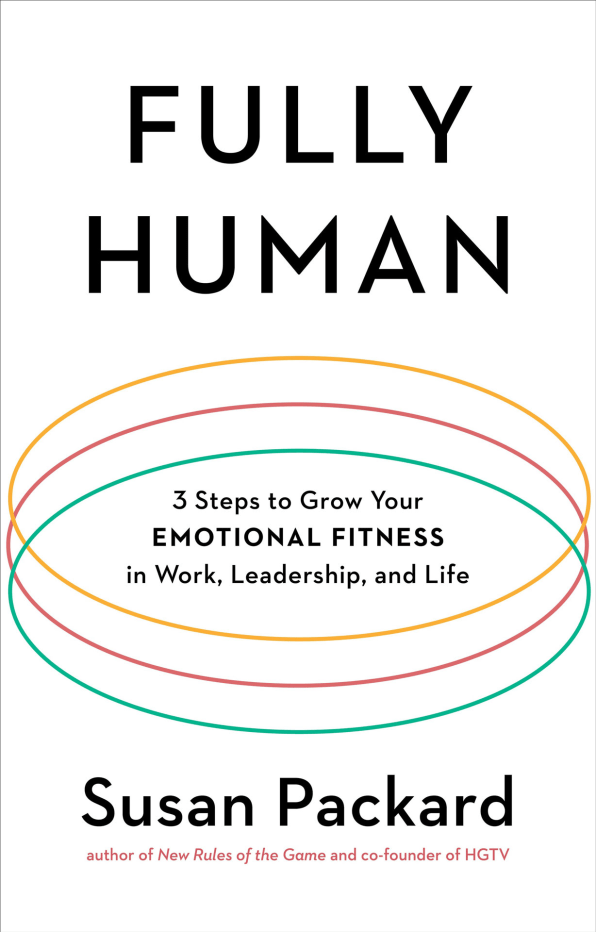Take a break from all the ads and blog posts promising quick fixes to life’s most complex problems and join me for some real talk about finding career happiness. I work with people who feel stuck in jobs they don’t like and want to change careers.

If this is you, there are many reasons to feel optimistic about making a professional transition: there are many affordable ways to learn new skills, we are more connected than ever, and there are new professions and opportunities thanks to technological innovations. Changing careers is not always easy, however, and it doesn’t help when we gloss over the tough parts.
Here are 6 things to know about changing careers and what to do about them.
1. Figuring out what you want to do can take longer than doing it
If you have had a couple of jobs or a business and have done relatively well at them, you most likely already know how to get what you want. Many people can be incredibly resourceful when motivated by and excited about their goals. But sometimes what makes it hard to move forward is not having a clue about what we want.
Human beings are terrible at knowing themselves and there are so many variables and unknowns, how can one possibly make a decision? If you feel stuck, it might take you longer to figure out what you want to do than to make it happen. Start by asking yourself whether you are unhappy because of your job or your workplace culture. Then zero in on what you must have to feel fulfilled professionally.
If you still find yourself unable to make up your mind, the issue is likely to come from one of two places – or both: either there is something inside that makes it difficult for you to accept and honor your needs and desires and/or you don’t know what profession offers you the type of work you want to perform. If the former, plan on working with a therapist or a coach to uncover and release what is holding you back, and if the latter, research, research, research.
2. Timing has a lot to do with the career you have…
…and so does location. At every moment in time and in every place, there are different opportunities available, we do not live and work in a vacuum. When I transitioned from wedding photography to marketing, for example, I was living in San Francisco, there was a lot of hiring in tech, and a need for marketing people with a background in the arts and social media. Boom! I found my way to a new career.
If I had been somewhere else or decided to change careers at a different time, I would have leveraged a different set of skills and would have likely ended up doing something else. To find out where your opportunity is, ask people in the industries and professions you are interested in joining where they think there’s a need for someone with your skills, or what they would do now to enter the field.
Once every major blog starts talking about the need for a specific profession, you are already behind: get the scoop from people on the inside, before everyone catches on, and you’ll face much less competition as you change careers.
The best way to approach a career change is to think of it as a process: if you are unhappy in your current profession, the moment you start taking action towards finding career happiness will also be the moment you start regaining your sense of empowerment
The best way to approach a career change is to think of it as a process: if you are unhappy in your current profession, the moment you start taking action towards finding career happiness will also be the moment you start regaining your sense of empowerment
3. Ageism really is a thing
I seriously underestimated this issue until I started coaching people over 40 who want to change careers and are looking for a new job. Ugh. We have a long way to go to overcome age-based discrimination in the workplace. AARP recently published a study on the topic: in their survey of adults over age 45, “61% of respondents said they have either seen or experienced age discrimination in the workplace and 38% of those believe the practice is ‘very common.’”
So what can you do if you are over 40, 50 or 60 and want to change careers? Traditional advice is to trim your resume: list only your last few positions and don’t write your graduation dates in your educational history, look for companies whose team shows age diversity, and join networking and professional groups that are welcoming and inclusive of people of all ages.
Or you can be bold and lead with what you think you have to hide: if you find that age is an issue, go all out and emphasize all your experience and wisdom, or start your own business and aim higher than ever before.
As an older career changer you do have some advantages: you have accumulated more skills and knowledge than you probably realize, and you might have a larger network, or more trusted relationships based on several years of interaction. Marianne Williamson said it best: “…younger people know more about those things that change, and the older people know more about those things that do not change.”
Invest time in learning new skills or technologies. It doesn’t have to be expensive, you can find many free resources or inexpensive classes online. And remember that even though you might be new at something, all the stuff you have already learned will not go to waste: after getting their first break, older career changers are often able to move up the ranks much faster than expected by leveraging their other skills, especially when it comes to working with and managing people.
4. You actually have to know how to do the job
When I launched Repurpose Your Purpose I hosted a number of free meetups and met many interesting people looking to change careers. One time it didn’t go so well, though: one person showed up and quickly became very angry at me.
I shared my story of how I changed careers, leveraging all that I had learned to move from photography into marketing. As a photographer I had to learn marketing and business skills, and then decided to pursue marketing as a career, successfully making my transition. This person felt cheated: she expected to learn how to change careers and get a new job without knowing how to do the job.
No one is going to give you a job unless you know how to execute it. Just look at job posts for interns, they often list what sound like requirements for experienced professionals! So what can you do if you decide you want to do something else and you don’t have the skills needed to land a new job, or never used such skills professionally? You have to close the gap.
Figure out exactly what you need to learn, then learn it in the fastest and most economical way you can. You can enroll in online courses, graduate certificates, extension programs, or full-fledged degree programs. If real-world experience is what you need, then intern, volunteer, or get the lowest entry level position you qualify for. As I wrote above, you can advance fast once you are in, especially if you have a lot of other transferable skills. Your other option is to pursue a more entrepreneurial path: as a business owner or freelancer you can quickly grow as long as you deliver results to your clients.
5. Getting a degree does not guarantee you a job
I know way too many people who borrowed tens of thousands of dollars and spent years going to college only to figure out they didn’t want a job using their major, or that there simply weren’t enough jobs available, or if there were, that the pay was less than what they needed. If you want to change careers and you are not sure what you want to do, going back to college is a very expensive way to figure it out.
There are only two good reasons to go back to school: either you want to learn for the sake of learning and don’t necessarily expect a job afterward, or you researched extensively what you need to do to enter a specific profession, and determined you need the additional learning or degree. Specific is the key word here: if you go back to school to get a job, you need to know exactly why you are going. Do not expect the school to figure it out for you.
6. Changing Careers is a process, not a destination
We don’t have a clear definition of what constitutes a career change: you might be going from employee to business owner in the same field, you might stay in your profession and change industries, or you could make a radical shift, from one industry and job title to something completely different. Depending on what you choose to pursue, your circumstances and various outside factors, the entire process can take a few months to a few years. Don’t get discouraged!
The best way to approach a career change is to think of it as a process: if you are unhappy in your current profession, the moment you start taking action towards finding career happiness will also be the moment you start regaining your sense of empowerment. Shift your goal from getting a specific job or career to living so that your thoughts, words and actions are all in alignment. Take the first step, celebrate every success, and determine to honor yourself starting today: you will discover that the process of changing careers can be incredibly transformative, and by the time you achieve your career goal, you will already feel like a new person.
Aurora Meneghello is a Los Angeles-based career coach and the founder of Repurpose Your Purpose. She works with groups and individuals who want to live a fulfilling professional life.










